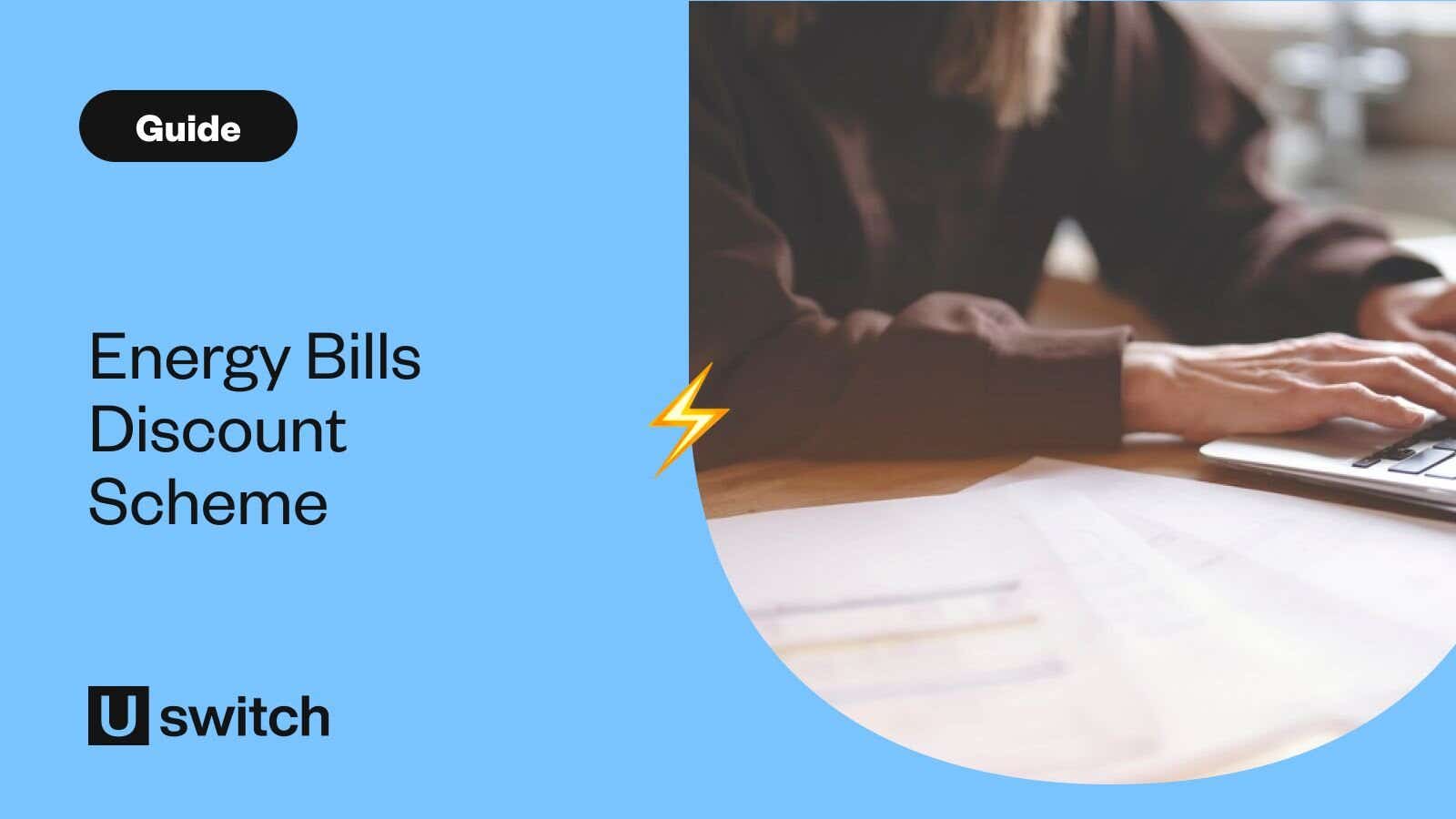Energy Bills Discount Scheme


Who is eligible for the Energy Bills Discount Scheme?
The scheme is open to businesses of all sizes. It will be applied to all non-domestic energy contracts signed on or after December 1, 2021. It will also be applied to all variable non-domestic energy contracts, including deemed and out-of-contract rates.
If your unit rates are below a certain level then you won’t get a discount. For most businesses, this means that you’ll only be eligible for if your gas unit rate is above 10.70p per kWh and your electricity unit rate is above 30.20p per kWh.
If you’re a high energy consumption business, then you might fall into the Energy Trade Intensive Industries category. In this case, you’ll only get a discount if your gas unit rate is above 9.90p per kWh and your electricity unit rate is above 18.50p per kWh.
Check the government website to see if your business is one of the Energy Trade Intensive Industries.
How much discount does the Energy Bills Discount Scheme offer?
The government has split the scheme into two parts, based largely on energy consumption. We’ll look at Energy Trade Intensive Industries shortly, but for most businesses the discount will work like this:
- Eligible non-domestic gas contracts will get a maximum discount of 0.7p per kWh. If your business gas unit rate is 11.40p or above, you’ll get the full 0.7p discount. But if your unit rate is between 10.8p and 11.3p per kWh, then you’ll only get as much discount as you need to take it down to the threshold rate of 10.70p per kWh.
- Eligible non-domestic electricity contracts will get a maximum discount of 2.0p per kWh. If your business electricity rate is 32.20p per kWh or more, you’ll get the full 2.0p discount. But if your unit rate is between 30.21p and 32.19p per kWh, then you’ll only get as much discount as you need to take it down to the threshold rate of 30.20p per kWh.
These discounts will be processed automatically by your suppliers, so there’s no need to apply. But if your unit rates are already below the thresholds for gas and electricity, then you’ll not get any discount.
If you’re in the Energy Trade Intensive Industries category, the discount will work in the same way, but with the following thresholds and discounts.
- Eligible non-domestic gas contracts will get a maximum of 4.0p off the unit rate you pay to your supplier, with a price threshold of 9.9p per kWh.
- Eligible non-domestic electricity contracts will get a maximum of 8.9p off the unit rate you pay to your supplier, with a price threshold of 18.5p per kWh.
These discounts will only apply to 70% of the energy you use, and if you’re in this category, then you’ll need to apply for the discount. Check the government website for more information.
How much money will you save with the Energy Bills Discount Scheme?
The amount of money you save with the scheme will depend upon how much your current rates are.
The money that has been put aside for the scheme has been capped at £5.5 billion for the next 12 months. This is a lot less than the £18 billion that was used to cover the cost of the Energy Bill Relief Scheme for six months between October 1, 2022, and March 31, 2023.
Any money off is unlikely to have a big impact on your energy bills, even if you get the full amount. That’s why it’s important to compare business energy quotes to see if you can lock in cheaper rates.
Don’t get business energy support confused with domestic energy support
Energy bills have been so volatile over the last 12 months or so that the government has launched a number of schemes to help households and businesses with their energy bills. The trouble is that many of them sound the same.
When working out your business energy costs, remember that it’s only the Energy Bills Discount Scheme that applies to non-domestic contracts. And this scheme isn’t a price cap, instead it offers a discount on your unit rates.
This means that neither the energy price cap, the Energy Price Guarantee, nor the Energy Bill Support Scheme will have an impact on your business energy bills. All three are aimed at cutting household energy bills and aren’t applicable to non-domestic energy contracts.
Are energy prices coming down?
It’s difficult to say as the energy market is still turbulent. The price you pay for business energy should be lower over the next few months whilst the Energy Bill Discount Scheme runs as long as you meet the threshold requirements.
But you might not be reaping the benefit if you’re on out of contract rates. The government is recommending you switch to a fixed rate deal to protect against future price rises, so its wise to have a look round and see if you can do this.
Is it worth comparing business energy quotes?
Although energy prices have been on their way down this year, prices are still higher than they were before the price crisis. As we’ve discussed, the Energy Bills Discount Scheme will offer slight relief for those on eligible contracts, but it’s still worth comparing quotes to see if you can find cheaper rates elsewhere.
If your current contract is up for renewal soon, or if you’re on your supplier’s out-of-contract, deemed, or any other variable rates, compare business energy quotes to see if you can lock in cheaper rates with a fixed term deal.
How Uswitch business energy comparison works
Your comparison is free.
If you decide to switch, we’ll be paid a commission by the new supplier that is included in the prices we quote.
We find your details
Just enter your business address and we'll use industry data to accurately find and understand your energy usage.
We talk through your quotes
One of our UK-based experts will search our supplier panel and give you a call to talk you through the results on screen.
You choose the deal you want
With all the information to hand, you choose the deal that best suits your business and we'll handle the switch for you.

Compare UK business energy suppliers with Uswitchforbusiness
Compare prices from trusted UK business energy suppliers and get your next business energy deal in minutes.
By clicking ‘Compare business tariffs', you agree for us to search your current energy supplier and usage through industry-held data.